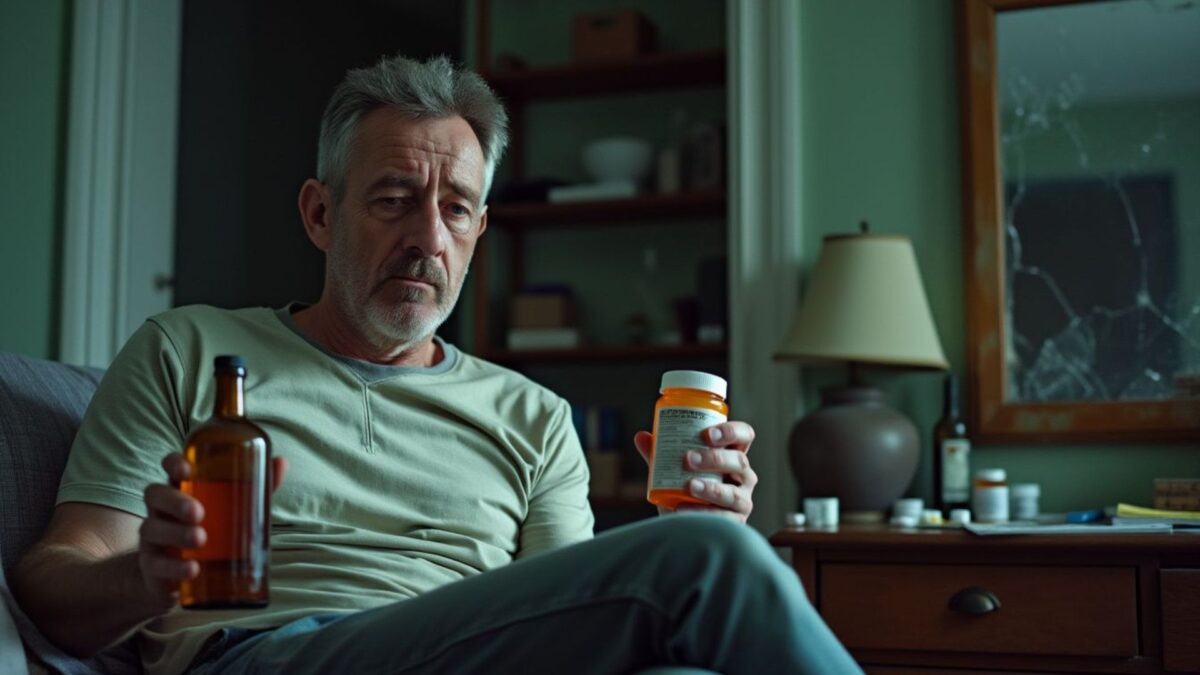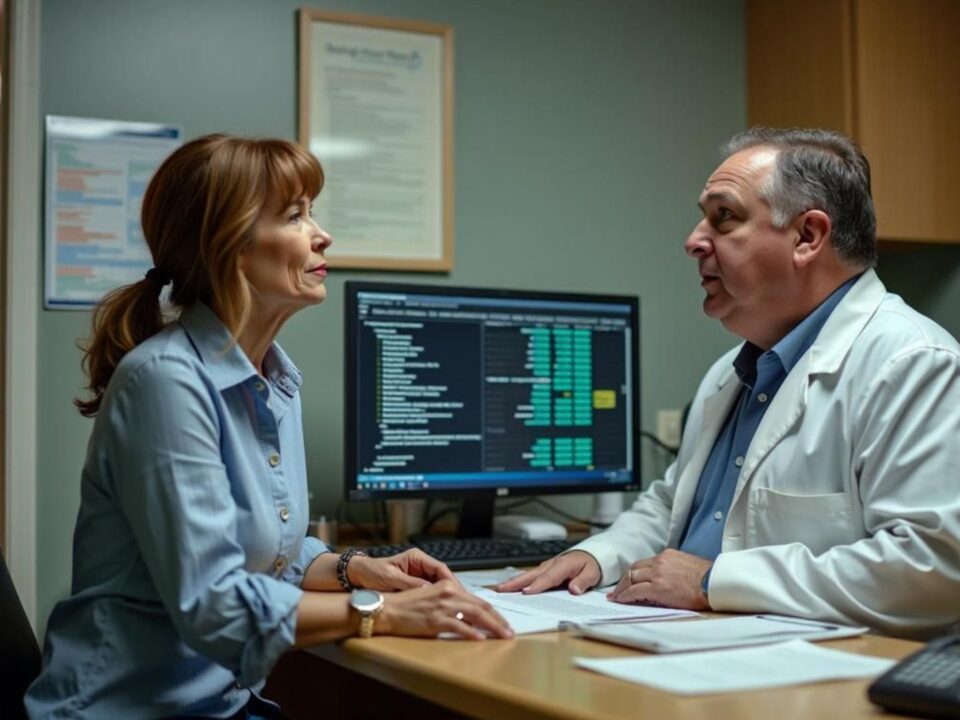
Why Integrated Care Is Crucial For Co-occurring Disorders Treatment?
January 21, 2025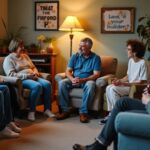
When Should You Consider A Co-Occurring Disorders Treatment Program?
January 21, 2025Are you or a loved one dealing with both mental health issues and substance use problems? This combination, known as a co-occurring disorder, often requires specialized co-occurring disorders treatment. Without timely help, these conditions can worsen and make daily life more challenging.
Early intervention in Co-Occurring Disorders Treatment is vital. Studies show that seeking treatment early can lead to better outcomes. When people get help sooner, their chances of recovery improve significantly.
This blog will explain why catching these issues early is crucial. We’ll discuss the risks of delaying treatment and how early action can prevent severe health complications. Don’t miss out on this important information!
Key Takeaways
- Early intervention improves the chances of recovery. Studies show that people who get help early have better outcomes.
- Delaying treatment can lead to severe issues like job loss, financial problems, and legal troubles.
- Quick diagnosis and treatment prevent symptoms from worsening. This applies to disorders like schizophrenia, bipolar disorder, and Major Depressive Disorder.
- Seeking help at the first sign of trouble prevents long-term complications and enhances quality of life.
- Early care reduces relapse risks by using a combination of medication and therapy for effective management.
Symptoms and Signs of Co-Occurring Disorders
The symptoms of co-occurring disorders can vary widely depending on the specific disorders involved. However, some common signs to watch for include:
- Changes in mood, behavior, and cognitive function
- Increased severity of mental illness symptoms
- Worsening symptoms of substance use disorder
- Difficulty managing daily life and relationships
- Increased risk of relapse
If you or someone you know is experiencing these symptoms, it is essential to seek professional help. A comprehensive assessment by a mental health professional can determine the presence of co-occurring disorders and help develop an effective treatment plan tailored to the individual’s needs.
What Are The Risks Of Delaying Co-Occurring Disorders Treatment and Substance Use Disorder Treatment?
Delaying co-occurring disorders treatment in Kokomo, Indiana, can lead to severe issues. Untreated conditions may cause financial problems, job loss, and legal troubles. Interpersonal relationships often suffer as well, causing further strain on mental health.
Without timely intervention, symptoms of both mental health and substance use disorders, including drug abuse, can worsen.
Severe emotional self-harm may occur from untreated adult attachment disorders. Major Depressive Disorder (MDD) affects daily life, leading to prolonged sadness and loss of interest in activities.
Schizophrenia impacts about 1% of the global population and poses significant challenges if left untreated. Early care is crucial to prevent these risks and improve overall quality of life.
Why Does Early Diagnosis of Mental Health Conditions Improve Treatment Outcomes?
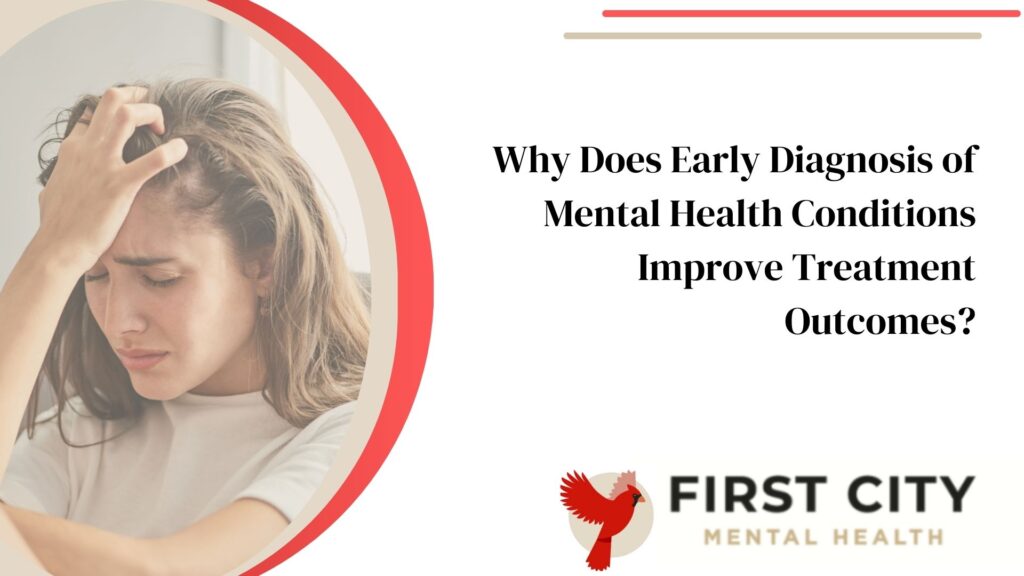
Early diagnosis of co-occurring disorders, including mental health disorder, leads to better co occurring disorders treatment outcomes. For instance, treating Borderline Personality Disorder with medication and behavioral therapy is more effective when started early.
People who get help sooner often have fewer severe symptoms later.
Medication and psychotherapy should begin early for bipolar disorders. Patients diagnosed quickly show improved recovery rates. Early intervention in schizophrenia with antipsychotic medications helps manage symptoms better than delayed treatment.
Seeing signs of co-occurring disorders? Seek help today for the best results.
When Is The Best Time To Seek Help For Co-Occurring Disorders?
Seek help at the onset of compulsive substance use or behaviors to prevent negative consequences, especially in cases of co occurring mental disorders. Address issues as soon as signs appear for better outcomes. Early integrated treatment for co-occurring disorders can stop the problem from getting worse.
Immediate professional help is crucial if there are thoughts of self-harm or suicide. Early intervention helps manage intense feelings and prevents severe complications. Treatment for anxiety disorders should start before fear and worry become persistent.
How Can Early Intervention Prevent Severe Health Complications?
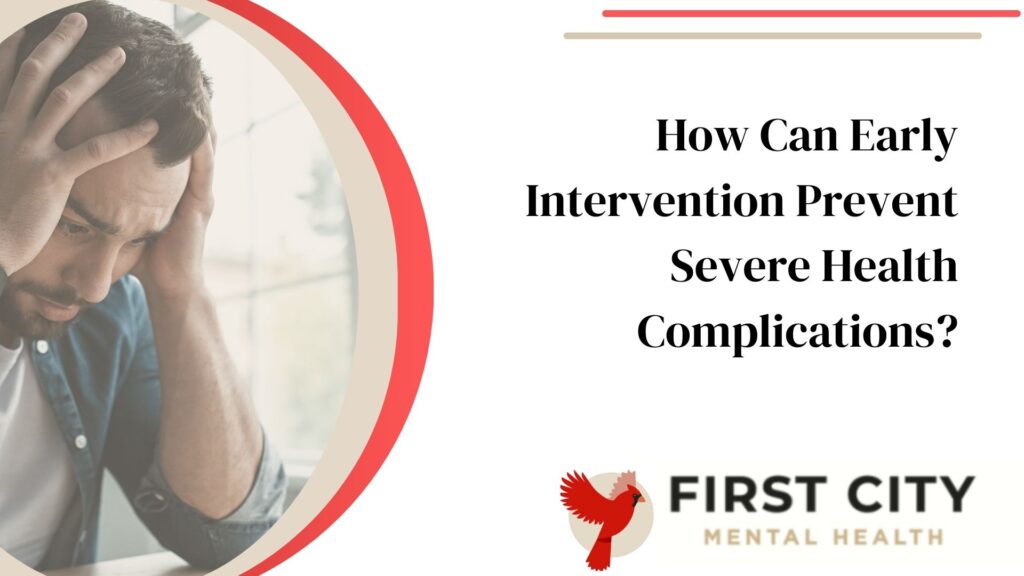
Early intervention in co-occurring disorders treatment can prevent serious health issues. Treating addictive disorders early stops financial problems, job loss, and legal troubles.
Addressing anxiety early stops severe fear and worry from developing, considering both genetic and environmental factors.
Timely treatment for co-occurring disorders helps with emotional issues and forming relationships. Early care for ADD and ADHD can improve focus, preventing school or work troubles.
Starting Major Depressive Disorder treatment early improves daily life by managing prolonged sadness.
What Role Does Early Treatment Play In Reducing Relapse Risk?
Treating co-occurring disorders early prevents severe health complications. Early counseling and support groups for co-occurring disorders treatment centers addictive disorders reduce the risk of relapse. With timely Cognitive-Behavioral Therapy (CBT) and medication, anxiety symptoms are better managed, which lowers relapse rates.
Combining medication and behavioral therapy early in Borderline Personality Disorder stabilizes moods and behavior. Effective intervention in bipolar disorder reduces manic and depressive episodes.
Medication and psychotherapy for Major Depressive Disorder maintain emotional stability. Treating OCD with therapy and medication helps manage obsessions, reducing relapse risk. Co-occurring disorders treatment centers emphasize early intervention to treat co occurring disorders and enhance recovery success.
Why Do Symptoms Worsen Without Prompt Treatment?
Untreated addictive disorders can lead to financial issues, job loss, legal problems, and strained relationships, especially when combined with a mental disorder. Without intervention, anxiety disorders cause intense fear and persistent worry.
Symptoms of adult attachment disorders worsen without adult co-occurring disorders treatment, causing difficulties in forming close relationships.
Neglecting ADD and ADHD leads to chronic distractibility and challenges in daily tasks. Major Depressive Disorder left untreated results in prolonged sadness and loss of interest, impairing daily life.
Schizophrenia affects 1% of the population globally; without treatment, individuals struggle to distinguish reality from delusion. Prompt co-occurring disorders treatment prevents these severe complications.
How Does Early Intervention Impact Long-Term Recovery Success?
Early intervention can significantly boost long-term recovery success. For example, early treatment for addictive disorders often includes counseling and support groups. These resources play a critical role in maintaining sobriety over time.
Similarly, starting Cognitive-Behavioral Therapy (CBT) and medication early for anxiety disorders helps ensure emotional stability later on.
Medication combined with psychotherapy forms an effective approach to treating co-occurring disorders like bipolar disorder and Major Depressive Disorder. This combination improves emotional regulation and daily functioning when started promptly.
Early treatment for co occurring disorders also aids those with ADD or ADHD by enhancing focus through medication and therapy, which supports long-term achievement. Integrated treatment for co-occurring disorders proves especially beneficial when initiated at the first signs of trouble, addressing both substance use and mental health disorders.
How Does Early Intervention Improve Quality Of Life?
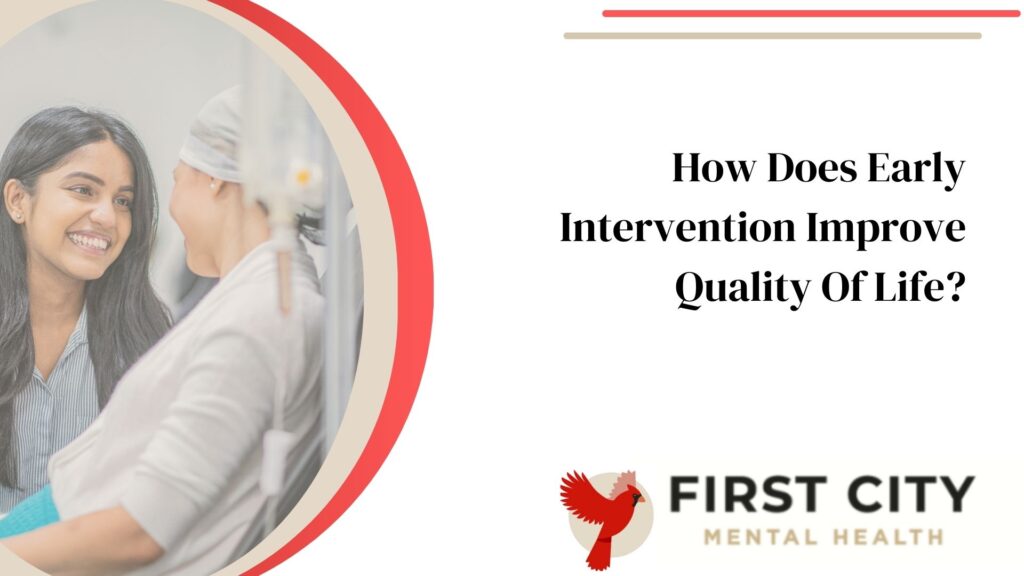
Timely treatment of co-occurring disorders significantly enhances daily life. Cognitive-Behavioral Therapy (CBT) and medication for anxiety disorders help improve emotional well-being.
Early psychotherapy assists adults with attachment disorders in forming close relationships. Medications and therapy for ADD and ADHD boost focus, attention, and overall quality of life.
Addressing bipolar disorder early stabilizes mood swings, leading to a more stable lifestyle.
Prompt intervention also helps avoid severe health complications. Treatment for addictive behaviors prevents financial issues and job loss. Medication with psychotherapy for Major Depressive Disorder enhances emotional stability.
Timely care reduces the risk of relapse, ensuring long-term recovery success in co-occurring disorders treatment programs in Kokomo, Indiana or other areas, addressing both substance use and mental health disorders.
Overcoming Barriers to Treatment
Despite the growing need for treatment for co-occurring disorders, several barriers can limit access to the necessary care. These barriers include:
- Stigma: Many individuals fear seeking help due to the stigma surrounding mental health conditions and addiction.
- Finances and Costs: Out-of-pocket costs and limited insurance coverage can make treatment seem inaccessible.
- Access: The availability of treatment facilities and providers can be limited, making it difficult to find help.
- Availability: Managed care plans and primary care challenges can restrict the types of programs available to address treatment needs.
However, there are ways to overcome these barriers. Seeking help from a mental health professional, exploring insurance options, and researching local treatment facilities can help individuals with co-occurring disorders access the care they need. By addressing these barriers, we can ensure that more people receive the comprehensive treatment necessary for recovery.
Final Thoughts
Early intervention in co-occurring disorders treatment program saves lives. Acting quickly reduces the risk of severe health problems. It improves long-term recovery success and quality of life.
Early diagnosis ensures customized and effective care plans. Seeking help promptly can prevent complications and relapse. Take action today for a healthier tomorrow.
For more information on co-occurring disorders treatment, contact local mental health providers in Kokomo, Indiana, or explore online resources like the National Alliance on Mental Illness (NAMI) website.
FAQs
What are co-occurring disorders?
Co-occurring disorders refer to the presence of both mental health and substance use disorders in an individual.
Why is early intervention important in treatment for co-occurring disorders?
Early intervention in treatment for co-occurring disorders can prevent conditions from worsening, making recovery more likely and improving overall outcomes.
How does adult co-occurring disorders treatment differ from other treatments?
Adult co-occurring disorders treatment focuses on addressing the unique challenges faced by adults, offering tailored approaches that consider their specific needs and life circumstances.
Where can I find effective treatment of co-occurring disorders near Kokomo, Indiana?
You can find specialized centers offering comprehensive treatment for co occurring disorders in Kokomo, Indiana, which provide integrated care aimed at treating both mental health issues and substance use problems simultaneously.


